Cancer discovery news
Our researchers are making the discoveries that defeat cancer. Read the latest findings from our world-leading research.
Visit our main news hub to read about news on new funding, our fundraising activities and much more. If you want to keep updated on our news, you can follow us on social media or sign up for our Search newsletter.
If you’re a journalist and want to find out more, you can contact our media relations team.
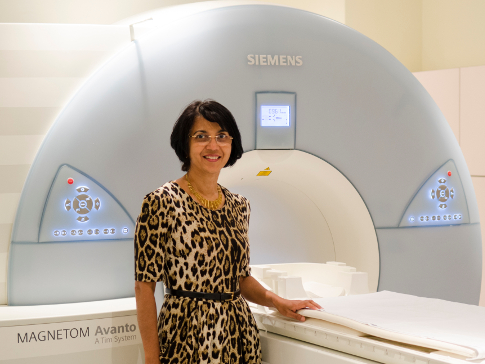
Functional imaging: providing direction in the fight against cancer
People have been exploring with the help of magnetic fields ever since the twelfth century, when explorers first started using compasses to guide ships on cloudy nights.

Mutations in leukaemia gene linked to new childhood growth disorder
Genetic mutations associated with leukaemia cause a newly described condition that affects growth and intellectual development in children.

New computer software could spot cancer gene mutations
Scientists have developed a cutting-edge computer program that could be used to find as-yet undiscovered genetic mutations that cause cancer.
.jpg?sfvrsn=ae545a01_2)
Breaking down the barriers to treating childhood cancer
Treatments for childhood cancer have improved greatly in recent decades – over 80% of children with cancer now survive their disease. But that figure, on the surface encouraging, hides the alarming truth that many children who do survive cancer are left with lifelong side-effects. As many as 40% of children who survive cancer are still suffering serious or even life-threatening side-effects 30 years after diagnosis.

Scan measures cancer metabolites inside the body
Scientists have used a new scanning technique to measure the metabolites produced by tumours as a means of assessing their severity.
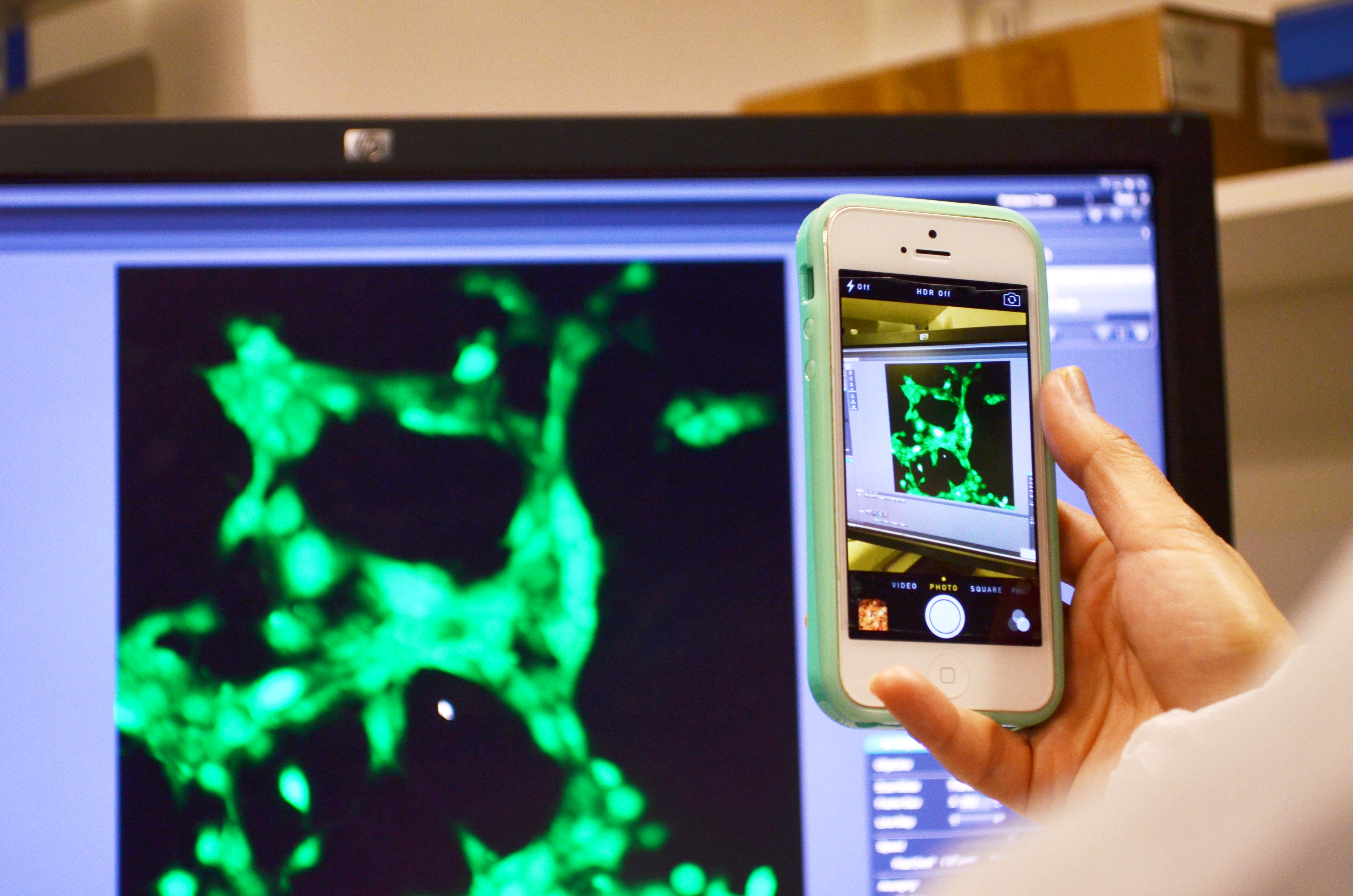
Using smart phone technology to deliver smart cancer treatments
When we pick up our smart phone and take a photo or video and share with our friends and family, most of us do not give a second thought about the technology we’re using. We owe this modern day given to something called a complementary metal-oxide-semiconductor (CMOS) sensor, also known as the active pixel sensor (APS).

Scans of tumour ‘stiffness’ can assess response to cancer treatment
A new type of scan measuring whether tissues are ‘stiff’ or elastic can assess whether they are responding to treatment, say ICR researchers.
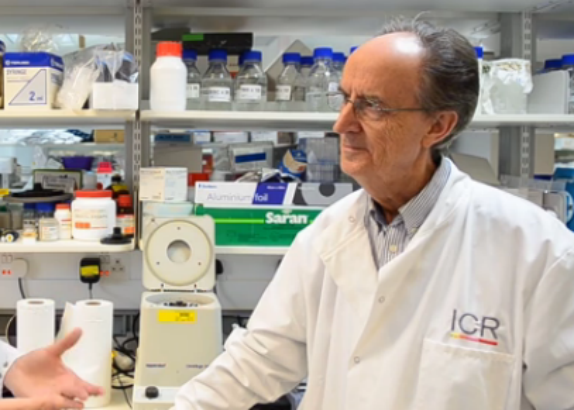
Video: Skin cancer risk may have driven evolution of black skin
Early humans may have evolved black skin to protect against a very high risk of dying from ultraviolet light-induced skin cancer, a new analysis concludes.
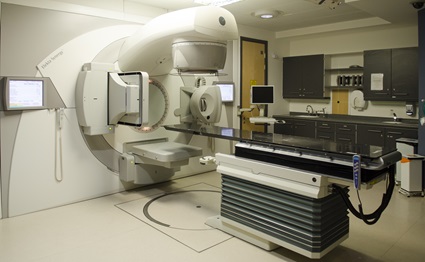
More intensive radiotherapy is better for localised prostate cancer
Results from a 10-year trial have shown that a radiotherapy regime involving higher doses of radiation is a better option than having lower doses for men with localised prostate cancer.

Obesity found to be significantly related to male breast cancer risk
A study has found that obesity, and several other physical and hormone-related characteristics are associated with increased breast cancer risk in men
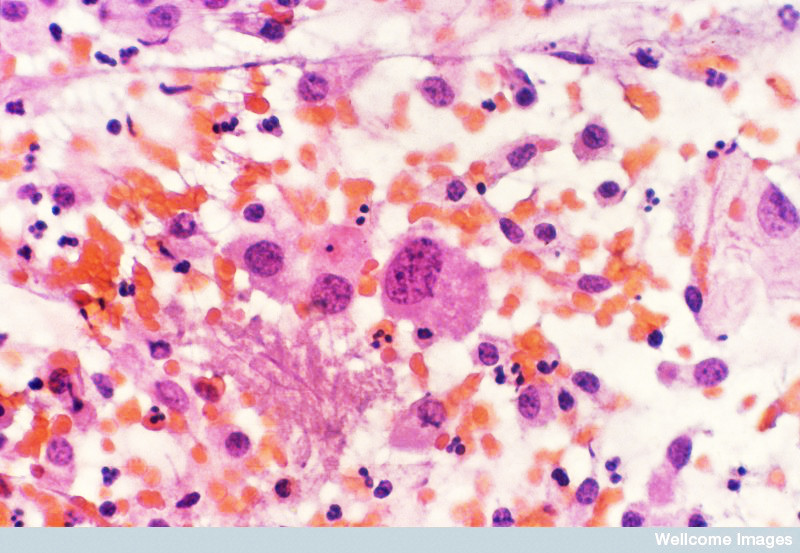
New study shows snapshot of how blood cancer evolves
A new study is uncovering the evolutionary history of multiple myeloma for the first time, according to ICR researchers.

Study shows how HPV protein helps ovarian cancer cells grow
A protein produced by cancer cells infected with the human papillomavirus (HPV) could help them to survive and spread, say researchers.